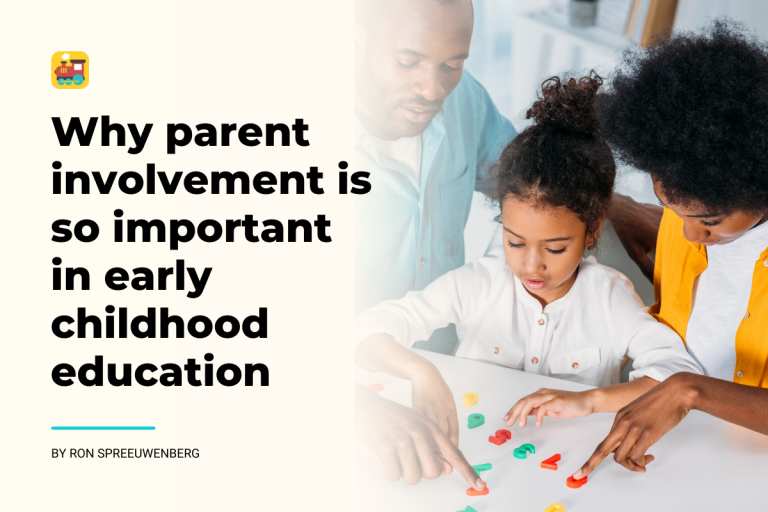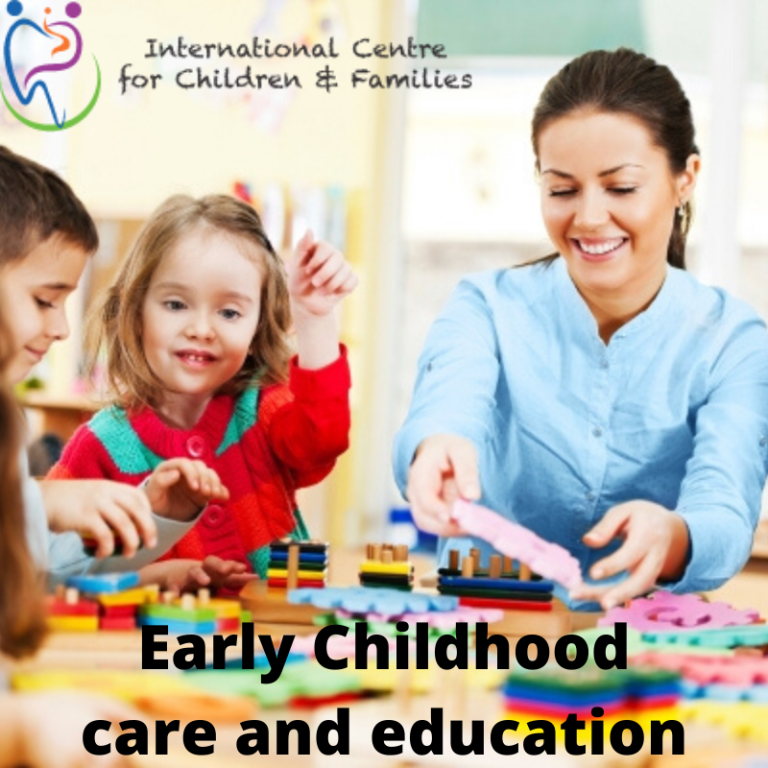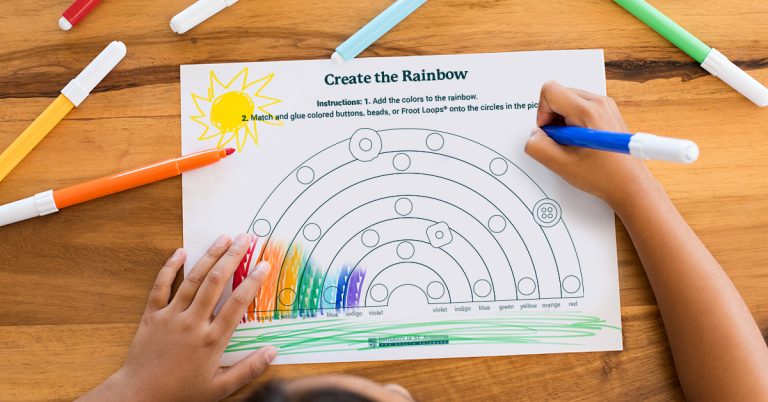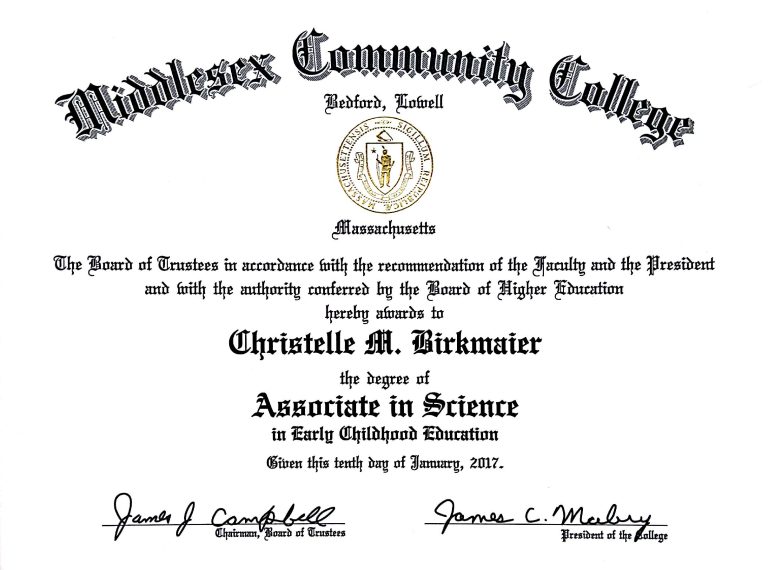Can You Teach Kindergarten With an Early Childhood Education Degree: Expert Insights
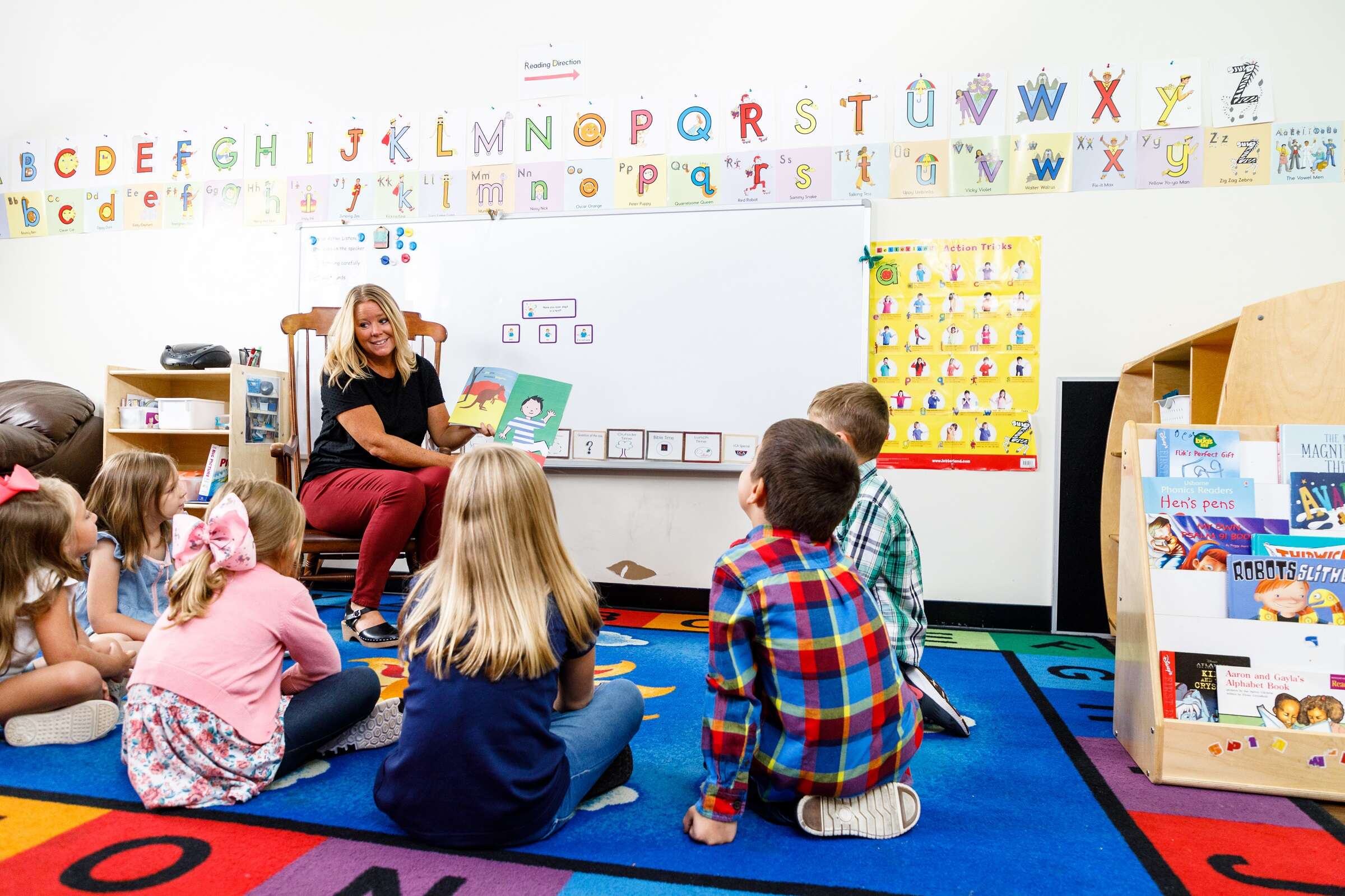
Yes, with an early childhood education degree, you can teach kindergarten. This degree is specifically designed to prepare individuals for teaching children in their early years.
An early childhood education degree equips you with the knowledge and skills necessary to teach young children, including those in kindergarten. With this degree, you will learn about child development, curriculum design, and effective teaching methods for young learners. This makes you a suitable candidate for a teaching position in a kindergarten classroom.
As a kindergarten teacher, you will be responsible for creating a safe and nurturing learning environment, developing lesson plans, and helping children develop their social and cognitive skills. With your early childhood education degree, you will be well-equipped to meet these challenges and help young children thrive in their earliest years of education.
The Importance Of Early Childhood Education
Early childhood education plays a crucial role in shaping a child’s future. It lays the foundation for lifelong learning, social development, and emotional well-being. With an emphasis on the importance of early childhood education, it becomes evident that an early childhood education degree is not only valuable but also essential for effectively teaching kindergarten-aged children.
Developmental Milestones In Kindergarten-aged Children
Kindergarten-aged children, typically between the ages of 4 to 6, undergo significant developmental milestones. They start to develop basic language skills, enhance their cognitive abilities, and begin to understand social interactions. An early childhood education degree equips educators with the knowledge to recognize and support these developmental milestones, ensuring that every child receives the appropriate guidance and education tailored to their individual needs.
Impact Of Early Education On Long-term Success
Early education has a profound impact on a child’s long-term success. Research shows that children who receive quality early childhood education are more likely to excel academically, exhibit stronger social skills, and have higher earning potential as adults. By possessing an early childhood education degree, educators can positively influence a child’s future, setting them on a path towards continued success in their academic and personal lives.

Credit: www.clemson.edu
Qualifications For Teaching Kindergarten
Academic Requirements For Kindergarten Teachers
Kindergarten teachers are required to have a minimum of a bachelor’s degree in early childhood education or a related field. This academic qualification equips educators with the necessary knowledge and skills to effectively teach young children. Additionally, some states may require kindergarten teachers to obtain a teaching license or certification to ensure they meet specific educational standards.
Importance Of Early Childhood Education Degree
Early childhood education degree plays a crucial role in preparing teachers for the unique challenges and responsibilities of working with young learners. The specialized coursework and practical training provided in these programs are designed to enhance educators’ understanding of child development, curriculum design, and instructional strategies tailored to meet the needs of kindergarten students.
Teaching Strategies For Kindergarten
With an Early Childhood Education degree, teaching strategies for Kindergarten focus on fostering holistic development through play-based learning, social interactions, and differentiated instruction to meet the diverse needs of young learners. Educators leverage their knowledge of child development theories to create engaging and inclusive classroom environments that support each child’s growth and learning journey.
Teaching Strategies for Kindergarten Incorporating Play-Based Learning Teaching kindergarten with an early childhood education degree involves implementing effective strategies to engage young learners. Incorporating play-based learning is a fundamental approach to cultivate a love for learning in kindergarteners. Through play, children explore, experiment, and develop essential skills. Utilizing play-based learning fosters creativity, problem-solving, and social interaction among students, laying a strong foundation for their educational journey. Creating Engaging Lesson Plans Creating engaging lesson plans is crucial for capturing the attention of young learners. Incorporating interactive activities such as sensory experiences, storytelling, and hands-on projects can enhance the learning process. Utilizing visual aids and manipulatives can help reinforce concepts effectively. Integrating music and movement into lessons can stimulate children’s cognitive and physical development. Adapting lessons to accommodate diverse learning styles ensures that every child can actively participate and thrive in the classroom environment.
Credit: www.early-childhood-education-degrees.com
Challenges Of Teaching Kindergarten
Teaching kindergarten comes with a unique set of challenges that require an exceptional level of patience, creativity, and adaptability. As an early childhood educator, navigating these challenges is an integral part of ensuring a positive and productive learning environment for young children.
Managing Classroom Behavior
Effective classroom management is a critical aspect of teaching kindergarten. With their boundless energy and developing social skills, kindergarteners often require clear and consistent guidance to help them understand and follow classroom rules. Creating a structured routine and implementing positive reinforcement strategies can help in managing the classroom behavior effectively.
Addressing Individual Learning Needs
Kindergarten classrooms are diverse, with students at varying levels of cognitive development and learning styles. As an early childhood educator, it’s essential to differentiate instruction to accommodate the individual needs of each student. This may involve utilizing visual aids, hands-on activities, and small group instruction to ensure that every child has the opportunity to thrive academically and socially.
Benefits Of Early Childhood Education Degree
Specialized Training In Child Development
An early childhood education degree provides specialized training in child development.
It equips educators with knowledge to understand and nurture young minds effectively.
Preparation For Early Education Settings
With this degree, you gain preparation for various early education settings.
It enhances your skills to create engaging and educational environments.

Credit: www.early-childhood-education-degrees.com
Expert Advice For Teaching Kindergarten
Connecting on a personal level fosters trust and enhances the learning experience.
Stay updated with the latest teaching methods for effective classroom management.
Career Growth Opportunities In Early Childhood Education
Early childhood education offers various career growth opportunities for individuals with a degree in this field. From advancing to administrative roles to exploring specialized areas of early education, there are several paths for professional development and growth.
Advancement To Administrative Roles
Early childhood educators with a degree in early childhood education can pursue advancement to administrative roles within educational institutions. This may include positions such as preschool director or administrative coordinator. These roles involve overseeing the overall operations of early education programs, managing staff, and ensuring compliance with regulations and standards.
Exploring Specialized Areas Of Early Education
Individuals with an early childhood education degree can delve into specialized areas within the field. This may involve focusing on early literacy, special education, or infant/toddler development. By specializing in a particular area, educators can cater to the unique needs of children and contribute to their holistic development.
Frequently Asked Questions
What Degree Is Best For A Kindergarten Teacher?
A bachelor’s degree in Early Childhood Education or a related field is generally required to become a kindergarten teacher. Some states may require a teaching certification or a master’s degree in education as well.
What Is Needed To Be A Kindergarten Teacher In Texas?
To become a kindergarten teacher in Texas, you must have a bachelor’s degree in education, complete an approved teacher preparation program, and pass the appropriate certification exams. Additionally, you must pass a background check and meet other state requirements.
What Is The Difference Between Child Development And Early Childhood Education?
Child development focuses on the growth and milestones of children, while early childhood education involves structured learning programs for young children. Both are crucial for nurturing a child’s cognitive, social, and emotional skills.
What Is The Fastest Way To Become A Teacher In Texas?
The fastest way to become a teacher in Texas is to complete an alternative certification program. These programs allow you to become certified while working in a classroom. You can also pursue a bachelor’s degree in education and complete a teacher preparation program.
Conclusion
As you consider teaching kindergarten with an early childhood education degree, remember the importance of experience and passion. Embrace the joy of shaping young minds and creating a positive impact. Stay dedicated to continuous learning and growth in this rewarding field.
Your journey as an educator awaits!
Lorem Ipsum is simply dummy text of the printing and typesetting industry. Lorem Ipsum has been the industry’s standard dummy text ever since the 1500s, when an unknown printer took a galley of type and scrambled it to make a type specimen book.

